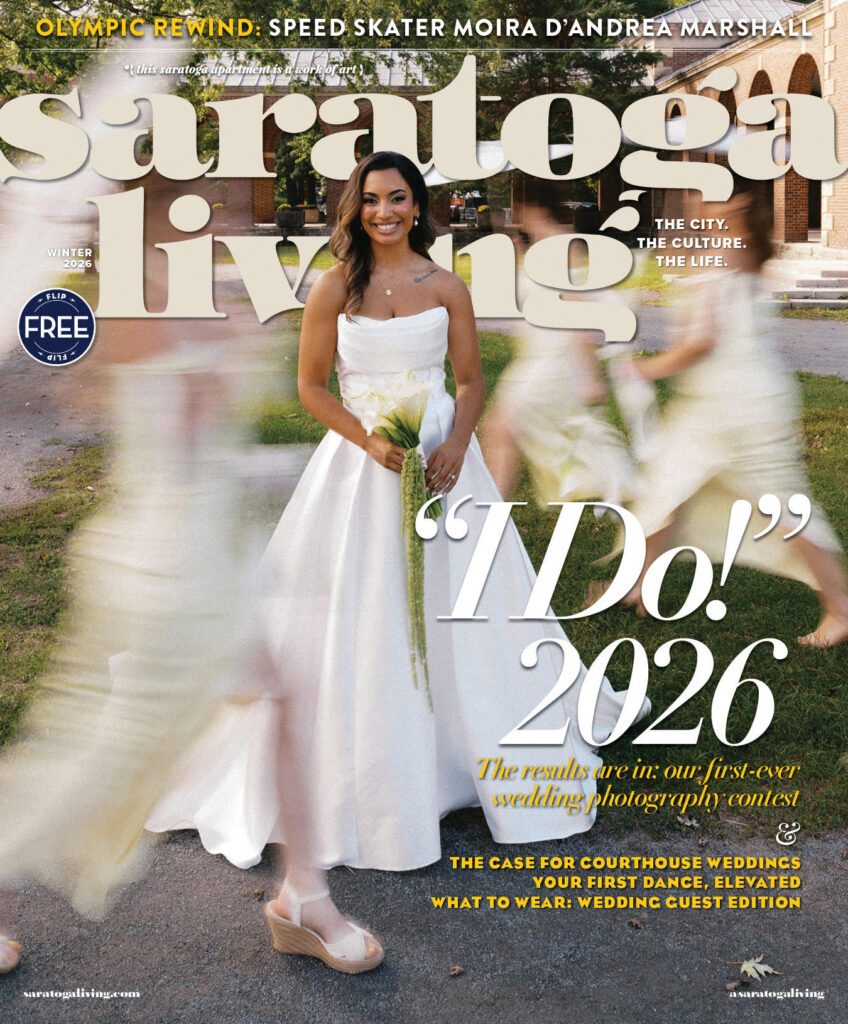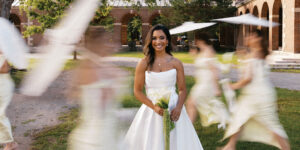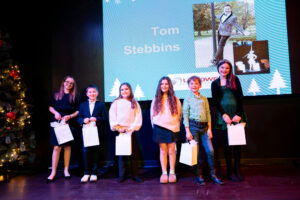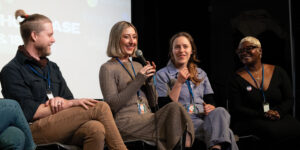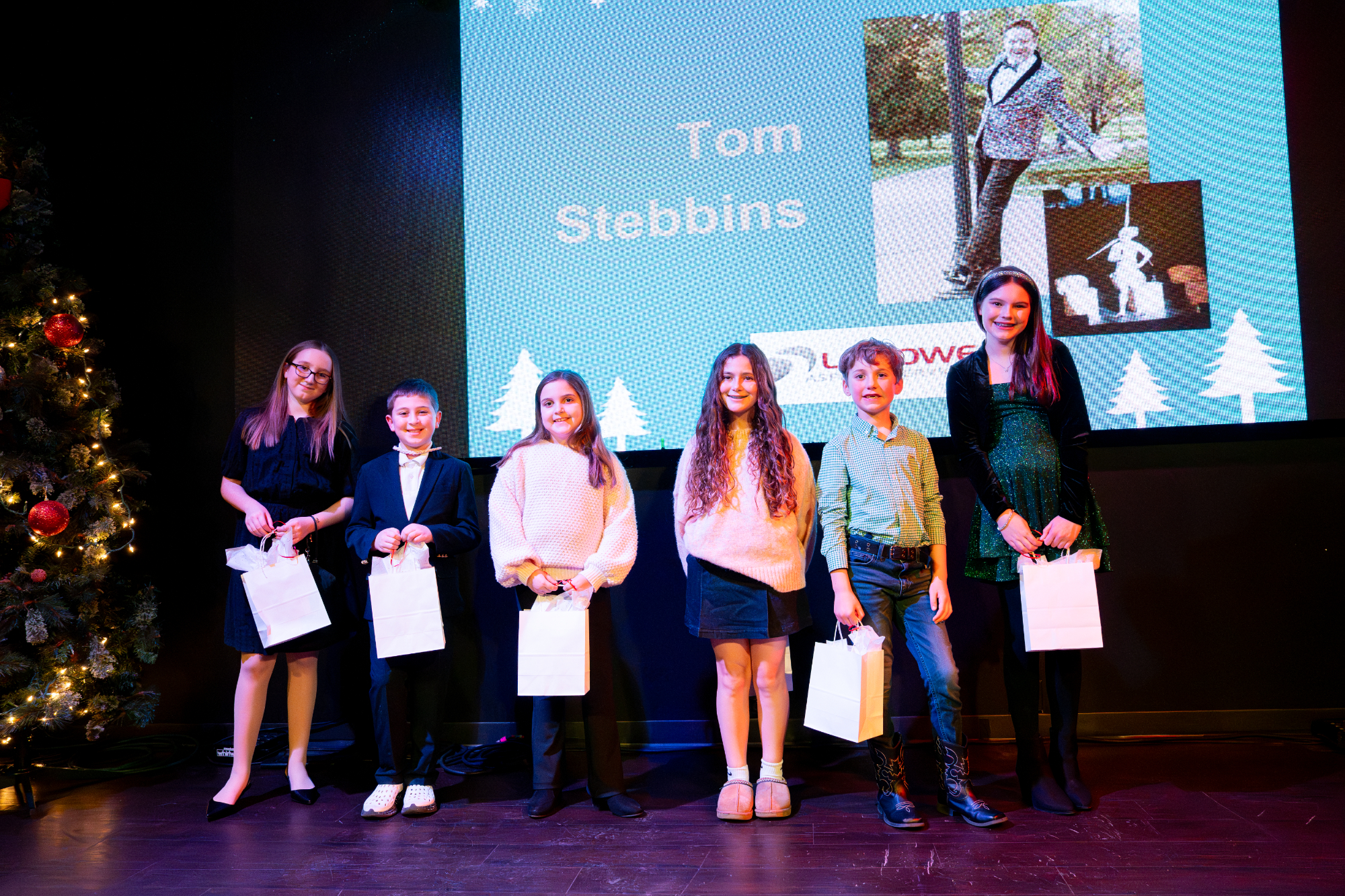Skidmore College’s Joel Brown is a bit of a musical Renaissance man. He’s played at Carnegie Hall, recorded at Abbey Road Studios with the London Symphony and played on TODAY. He also regularly performs with Chris Brubeck (son of the late, great American jazz composer Dave Brubeck). Brown’s official title at Skidmore is “Senior Artist-in-Residence,” but he’ll tell you, with a chuckle, it’s just a fancy way of saying he’s the guitar teacher there. But his role encompasses a lot more than the average guitar instructor; Brown runs Skidmore’s entire program with the help of one of his former students, Brett Grigsby, including its multiple group classes and semiprofessional ensemble. To top it all off, Joel not only regularly plays in Saratoga Springs (where he’s lived for the past 33 years), but also brings a number of big-name acts to town, such as David Russell, The Assad Brothers (both classical guitarists) and Dave and Chris Brubeck. “At one point, one thing just led to another, and I was not only teaching classical guitar at Skidmore, but also playing jazz and blues with Chris Brubeck and Peter ‘Mad Cat’ Ruth and traveling all over the world,” says Brown.
I’ve been trying to interview Brown for the better part of a week about a new composition his Finger Lakes Guitar Quartet will be premiering on June 3 at Riverfront Park in Troy (see saratoga living‘s May/June issue for more information). It’s the final performance (free, I might add) of the American Music Festival, and there’s quite a bit of buzz being generated about the piece. I’m used to phone interviews, but Brown insisted we meet up. “You should really hear the piece in person,” he told me. “And the composer is going to be there this time.” So we agree on a time: the end of the quartet’s next rehearsal at Skidmore’s Zankel Music Center.
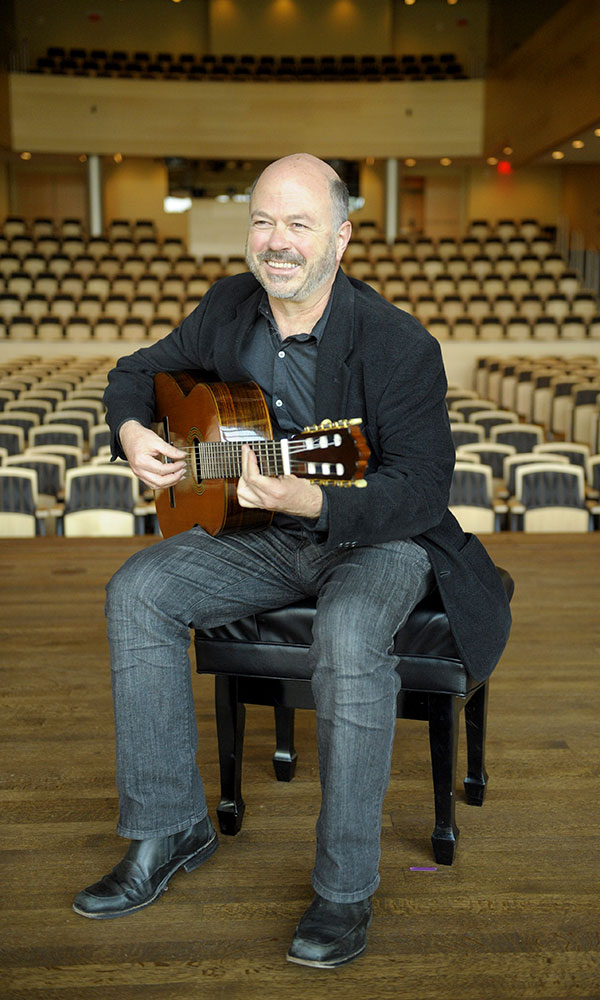
The piece Brown is referring to is Forever Wild, a brand new concerto for four guitars and orchestra, and the composer is Upstate native Evan Mack. Forever Wild was inspired by the splendor of the Adirondacks and the impressive nature of Upstate New York, and it was written, revised and rehearsed in under three months (works of this scale usually take about a year to complete). Despite its inspirations, the new composition is not a celebration of nature but rather an admonition of how easily it can be damaged or destroyed. “There’s an underlying theme of destruction of nature,” Brown told me earlier. “You can really hear that [Mack] is using the guitars with extended techniques to make little bug sounds, crickets, woodpeckers and all kinds of woodsy sounds.”
When I arrived at Zankel Music Center at 5:30pm, David Alan Miller, the Grammy Award-winning conductor of the Albany Symphony Orchestra, was conducting from a student’s desk while the guitar quartet practiced in the middle of a classroom with Mack playing the orchestra’s part on piano. It’s the last run-through of the composition, and I scurried into a seat behind Miller and quickly piped down. It’s always fun to sit in on rehearsals with professional classical musicians—to watch how they navigate a difficult passage or change a section to better suit the instruments. Joel wasn’t kidding either when he told me that Mack took advantage of the guitar’s heavy toolkit of extended techniques. To evoke the sounds of nature, Brown and the other three members of the Finger Lakes Quartet tap on their guitars, play muted glissandos and make extensive use of artificial harmonics (music-speak for when the notes on the guitar sound like bells or chimes). The quartet, composer and conductor stopped for a few moments to hammer out a transition between two sections.
The piece’s composer, Mack, was born in the Catskills and now lives in Albany. “I grew up very proud to come from a state that has something like the Adirondacks,” he says. “I’ve always enjoyed walking through the state parks, hearing these nature sounds and turning them into a musical universe.” Mack is not only a composer, but also a pianist, librettist and member of the musical faculty at Skidmore. He’s had a lot of success with his operas, especially Angel of the Amazon (he wrote the score and the libretto), which premiered in May 2011 at the Encompass New Opera Theatre in New York City, and has been released, worldwide, by Albany Records. When I ask Mack how he came about writing a piece for four guitars, he tells me: “It’s actually funny. I was writing an opera, and my librettist just happened to be a guitarist. So I ran a lot of ideas by him.”
A concerto for four guitars and orchestra is not completely unheard of; there’s a pretty famous one by the Spanish composer Joaquin Rodrigo, but where Mack breaks new ground is in the audience-participation department. Yes, you read that correctly: He’s written a classical piece that requires the audience to make noise during the performance. This was actually the transition that the Finger Lakes Quartet and Miller were trying to smooth out while I took notes. Forever Wild invites audience members to bring their own fretted, stringed instruments (guitars, mandolins, banjos) to strum along in a specific section while the quartet on stage goes silent. “The idea is that the audience is supposed to be a forest. Each chord from a guitar is like a tree or a firefly in the middle of a forest,” says Mack.
Before long, Miller worked out his qualms with the audience-participation part, and everyone moved on. The rest of the rehearsal went fairly smoothly after this, and the song ended with a very ecstatic finale, featuring fast-paced scales and flourishes from all four guitars. It’s only a rehearsal, but I was left with a smile on my face and goosebumps on my skin (I can’t wait to hear it with a full orchestra). It’s a powerful composition; I can’t really describe its overall effect other than it’s chilling. Perhaps I should just let Brown have the final word: “You hear a destructive, almost violent kind of chord progression that then evolves into a much more peaceful section, which is like the forest coming back and people realizing it’s time to take care of what we have. And luckily that’s how the piece ends.”








